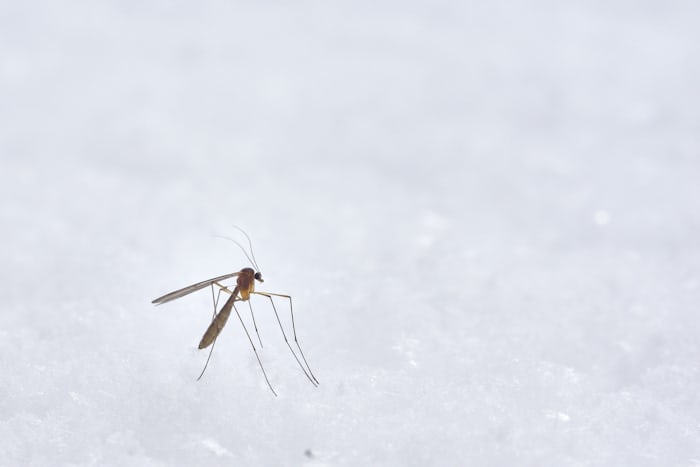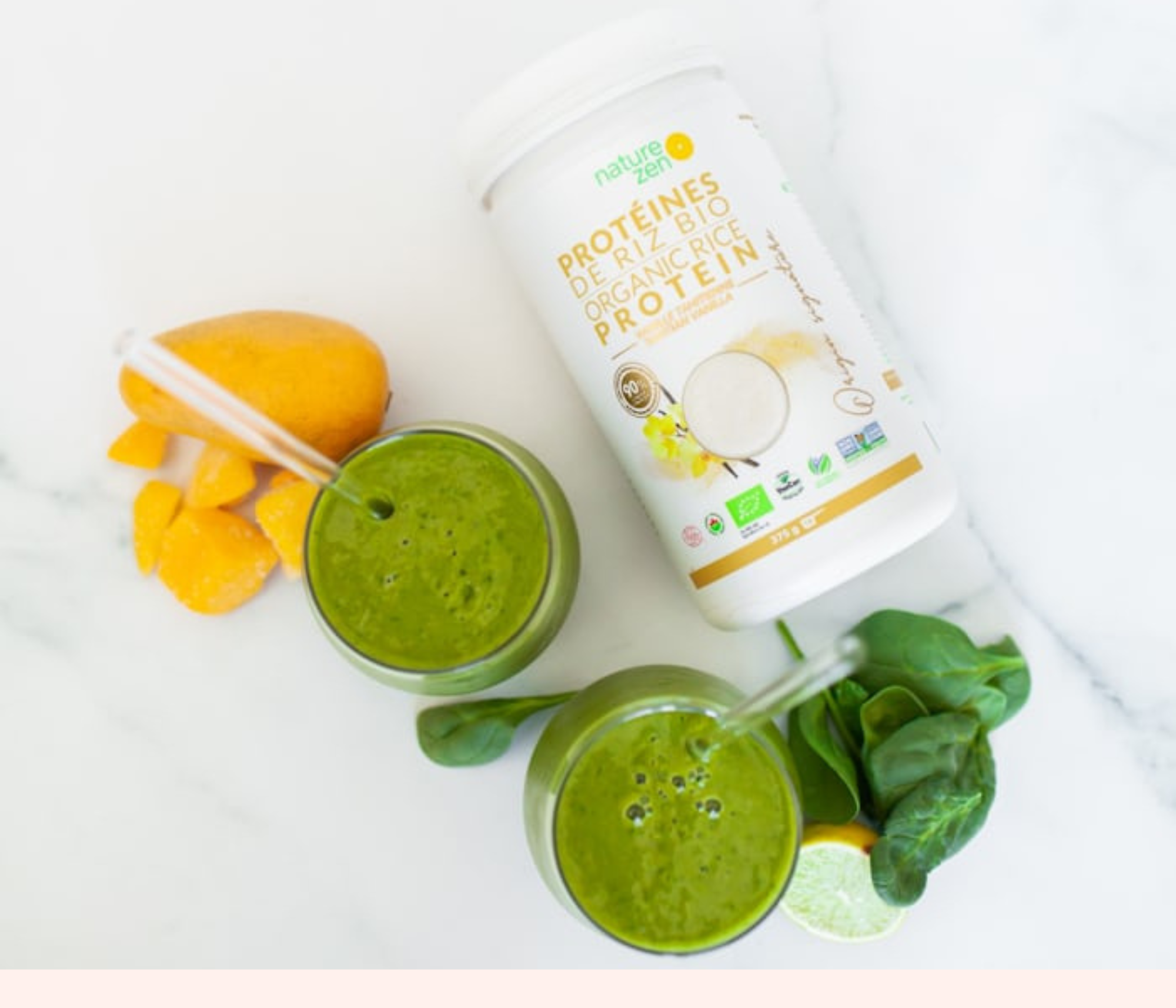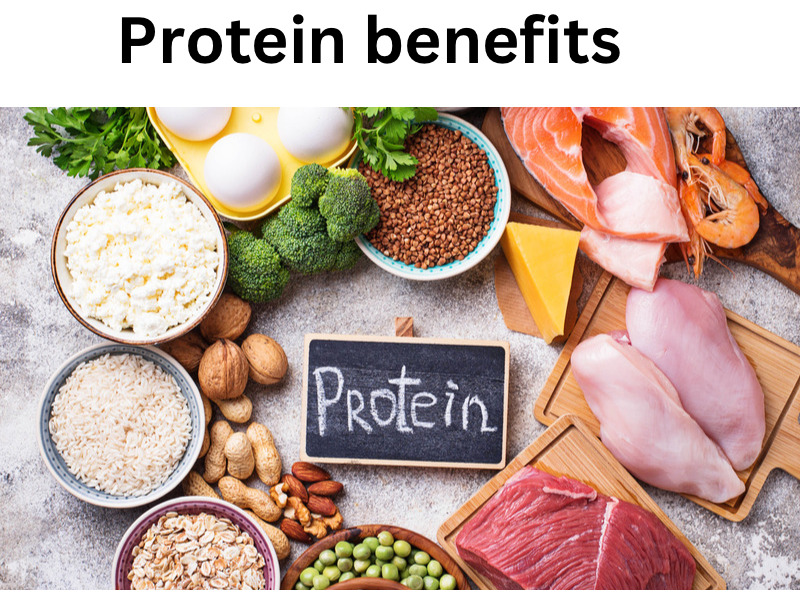“Top Protein Foods: Best Sources of Protein for a Healthy Diet”
Table
Toggle1. Chicken Breast
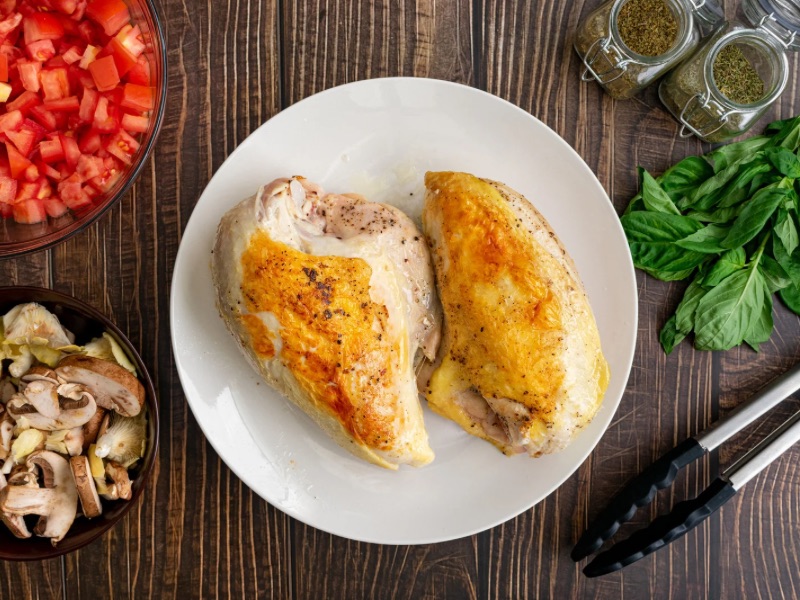
- Protein Content: Approximately 31 grams per 100 grams
- Nutritional Benefits: Low in fat, high in essential amino acids, and versatile for various
- recipes.
- Calories: About 165 calories per 100 grams
- Other Nutrients: Vitamin B6, niacin, phosphorus, and selenium.
- Tips: Grilled, baked, or sautéed, chicken breast can be included in salads, sandwiches, or as a main dish.
2. Greek Yogurt
- Protein Content: About 10 grams per 100 grams
- Nutritional Benefits: Rich in probiotics, calcium, and vitamin B12, with fewer carbs than regular yogurt.
- Calories: Approximately 59 calories per 100 grams
- Other Nutrients: Potassium, vitamin A, and magnesium.
- Tips: Enjoy Greek yogurt with fruits, nuts, or as a base for smoothies and dips.
3. Eggs
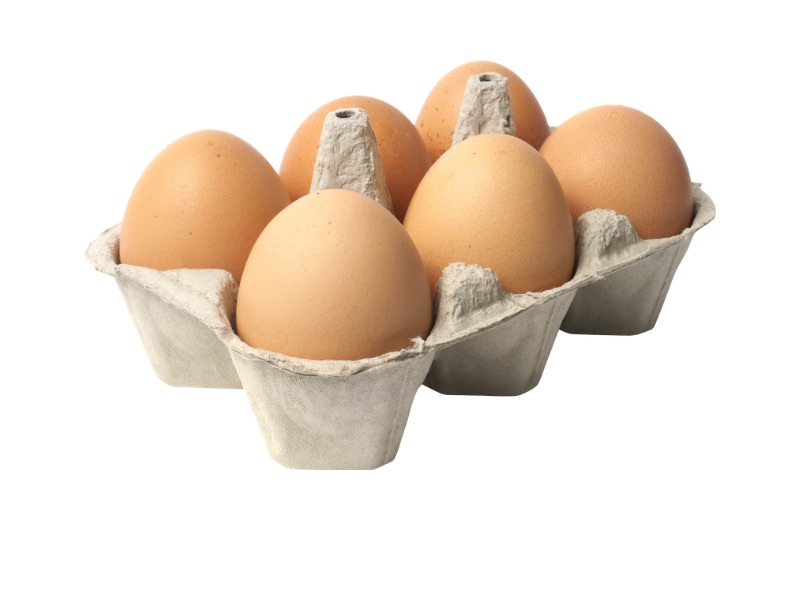
- Protein Content: Approximately 6 grams per large egg
- Nutritional Benefits: High in essential amino acids, choline, and various vitamins and minerals.
- Calories: About 78 calories per large egg
- Other Nutrients: Vitamin D, riboflavin, and selenium.
- Tips: Versatile in cooking, eggs can be boiled, scrambled, poached, or used in baking.
4. Lentils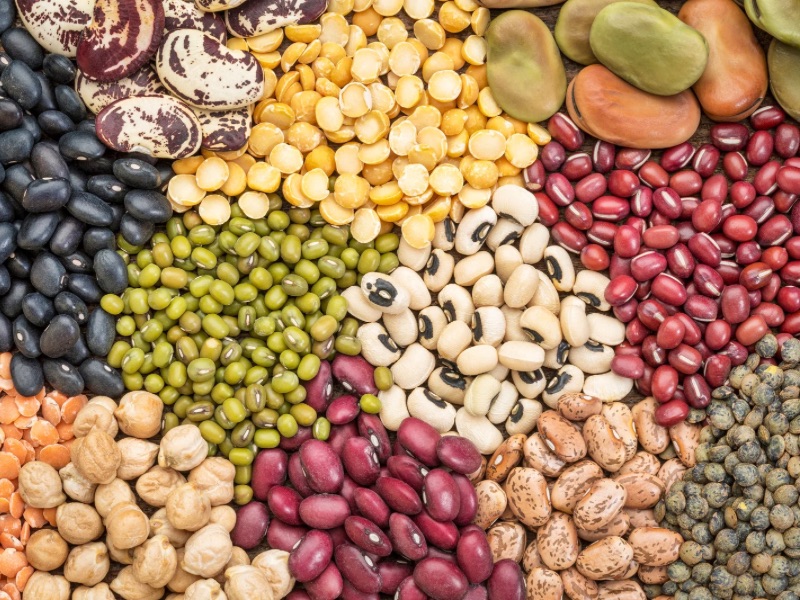
- Protein Content: About 9 grams per 100 grams cooked
- Nutritional Benefits: High in fiber, iron, and folate, making them great for heart health and digestion.
- Calories: Approximately 116 calories per 100 grams cooked
- Other Nutrients: Potassium, magnesium, and zinc.
- Tips: Use lentils in soups, stews, salads, or as a meat substitute in dishes like lentil burgers.
5. Almonds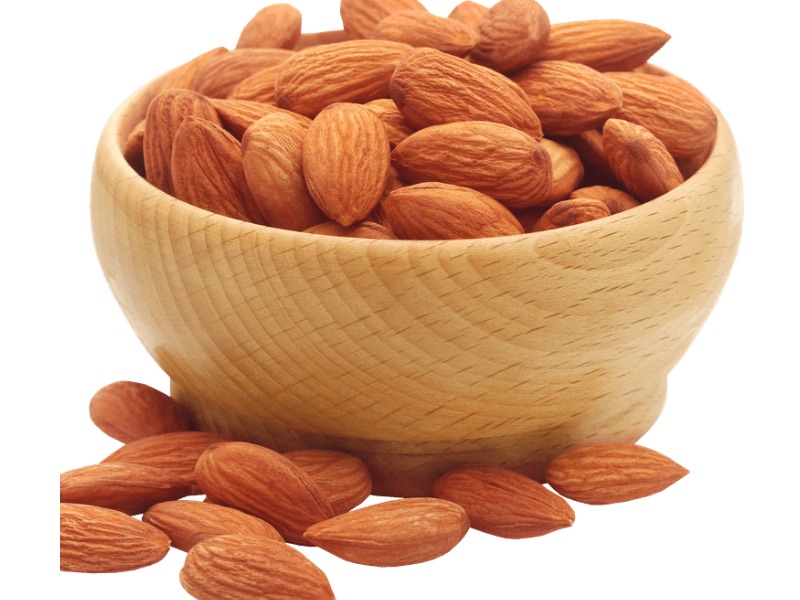
- Protein Content: Approximately 21 grams per 100 grams
- Nutritional Benefits: Rich in healthy fats, vitamin E, magnesium, and antioxidants.
- Calories: About 579 calories per 100 grams
- Other Nutrients: Fiber, riboflavin, and phosphorus.
- Tips: Snack on almonds raw, add them to salads, or use almond butter as a spread.
6. Salmon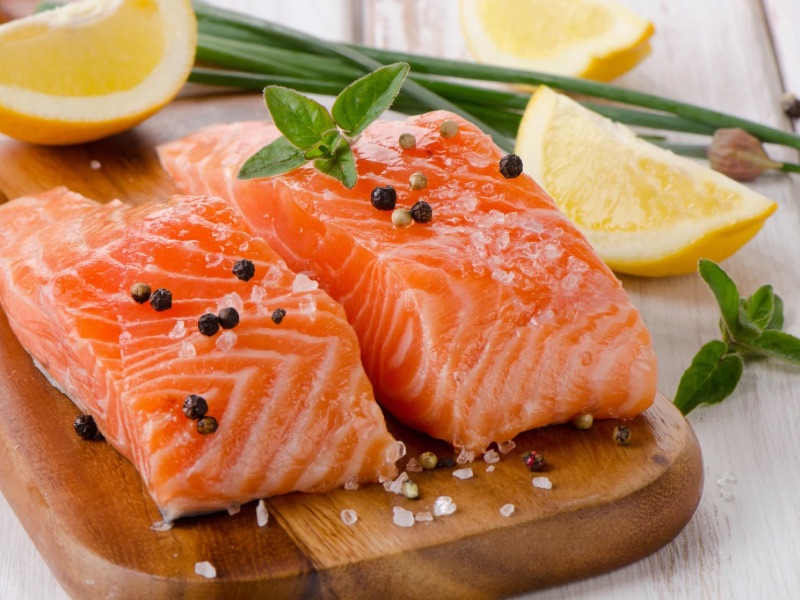
- Protein Content: About 20 grams per 100 grams
- Nutritional Benefits: High in omega-3 fatty acids, vitamin D, and selenium, promoting heart and brain health.
- Calories: Approximately 208 calories per 100 grams
- Other Nutrients: B vitamins (B6, B12), potassium.
- Tips: Grill, bake, or poach salmon, and serve it with vegetables or on a salad.
7. Quinoa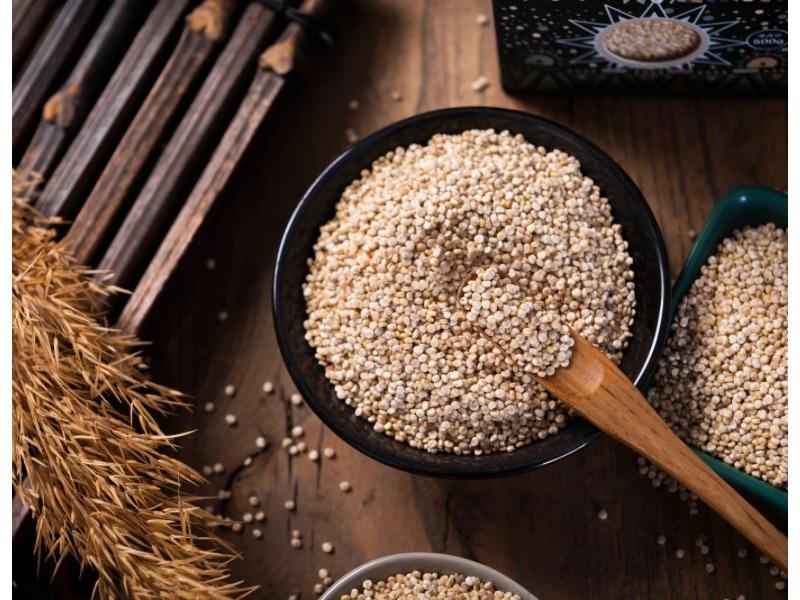
- Protein Content: Approximately 8 grams per cup cooked
- Nutritional Benefits: A complete protein containing all nine essential amino acids, high in fiber, magnesium, and iron.
- Calories: About 120 calories per cup cooked
- Other Nutrients: Phosphorus, manganese, and folate.
- Tips: Use quinoa as a base for salads, side dishes, or as a substitute for rice.
8. Cottage Cheese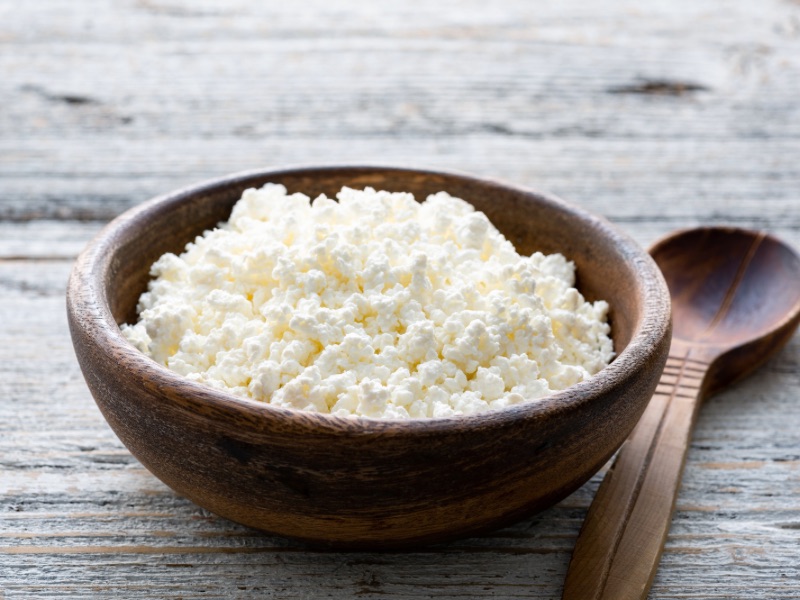
- Protein Content: About 11 grams per 100 grams
- Nutritional Benefits: High in casein protein, which is slow-digesting, and rich in calcium and B vitamins.
- Calories: Approximately 98 calories per 100 grams
- Other Nutrients: Vitamin B12, riboflavin, and selenium.
- Tips: Eat cottage cheese on its own, mix it with fruit, or use it in savory dishes like lasagna.
9. Tuna
- Protein Content: Approximately 30 grams per 100 grams
- Nutritional Benefits: Low in fat, high in omega-3 fatty acids, and a good source of vitamins B6 and B12.
- Calories: About 132 calories per 100 grams
- Other Nutrients: Potassium, magnesium, and phosphorus.
- Tips: Enjoy tuna in salads, sandwiches, or as a main dish, fresh or canned.
10. Chickpeas (Garbanzo Beans)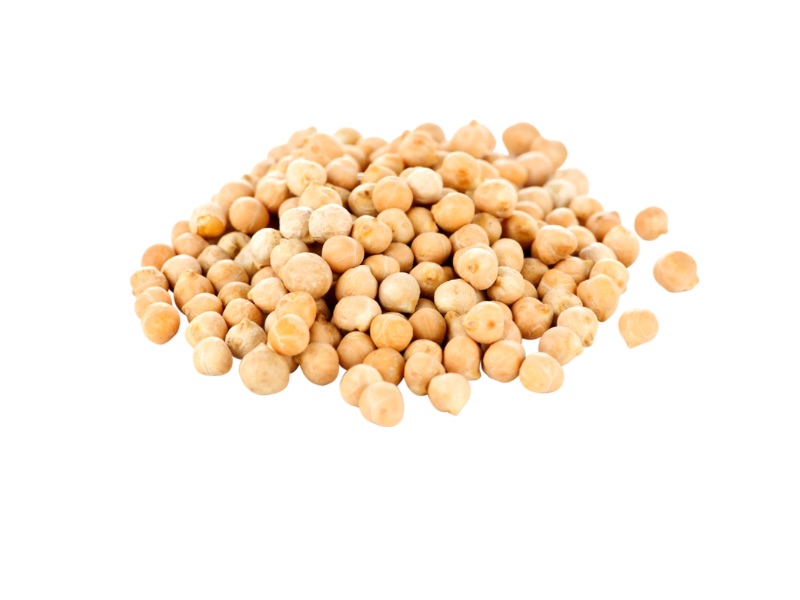
- Protein Content: About 19 grams per cup cooked
- Nutritional Benefits: High in fiber, folate, and iron, promoting digestive health and blood sugar regulation.
- Calories: Approximately 164 calories per cup cooked
- Other Nutrients: Manganese, copper, and phosphorus.
- Tips: Use chickpeas in hummus, salads, soups, or roasted as a crunchy snack.
